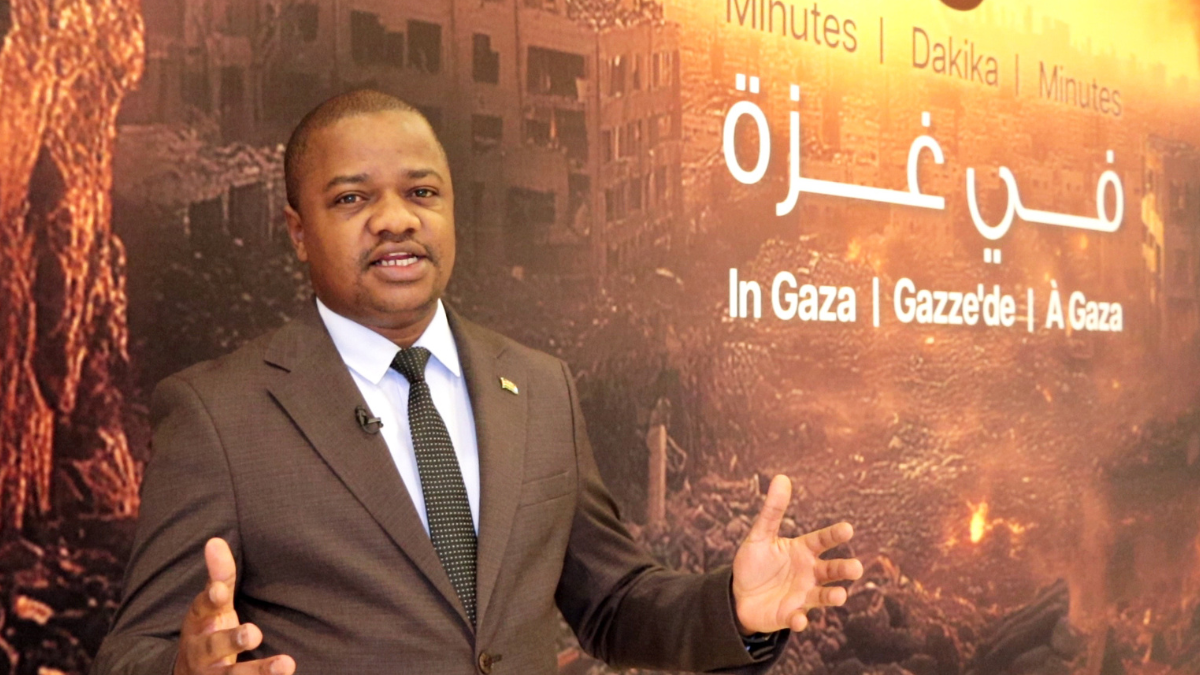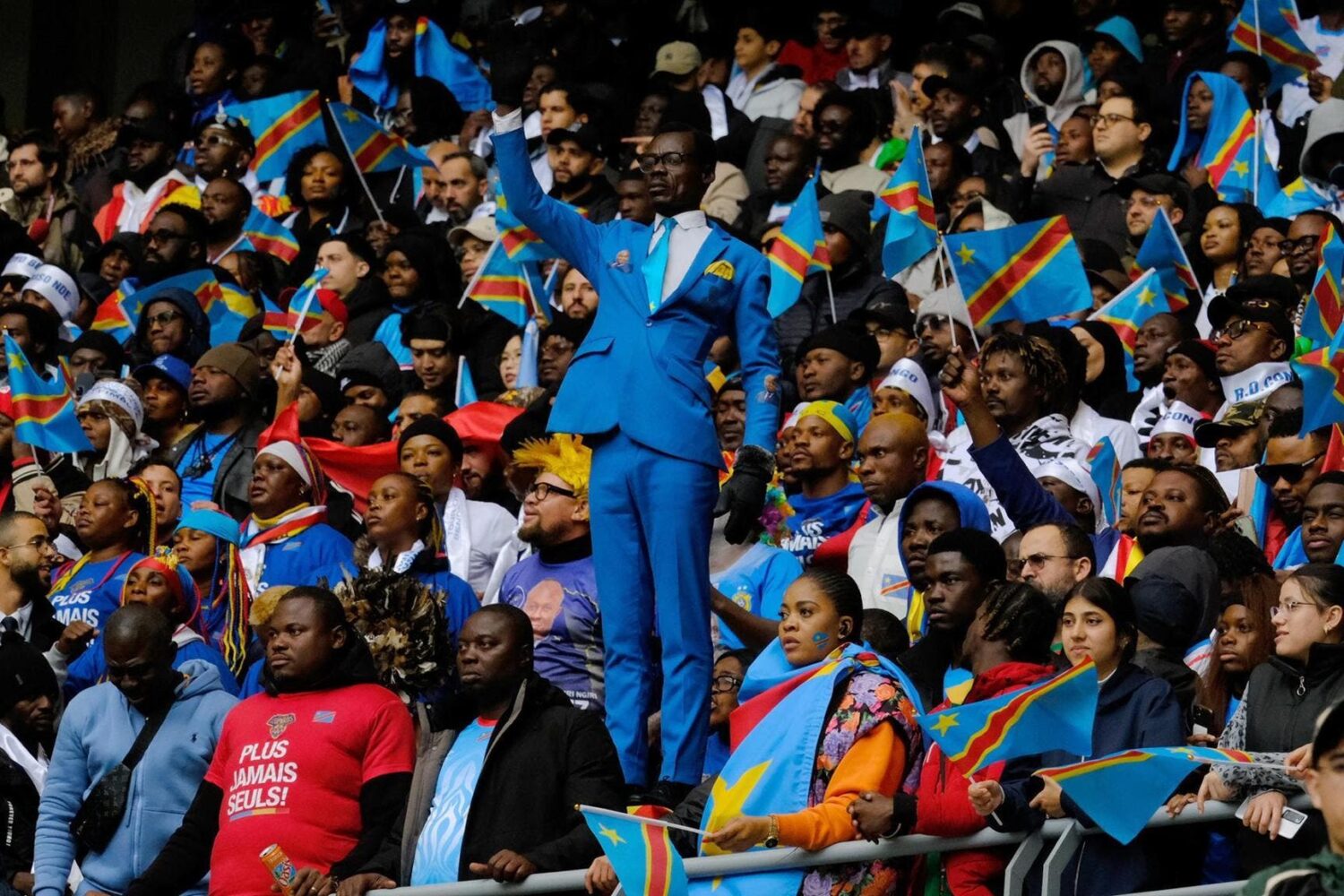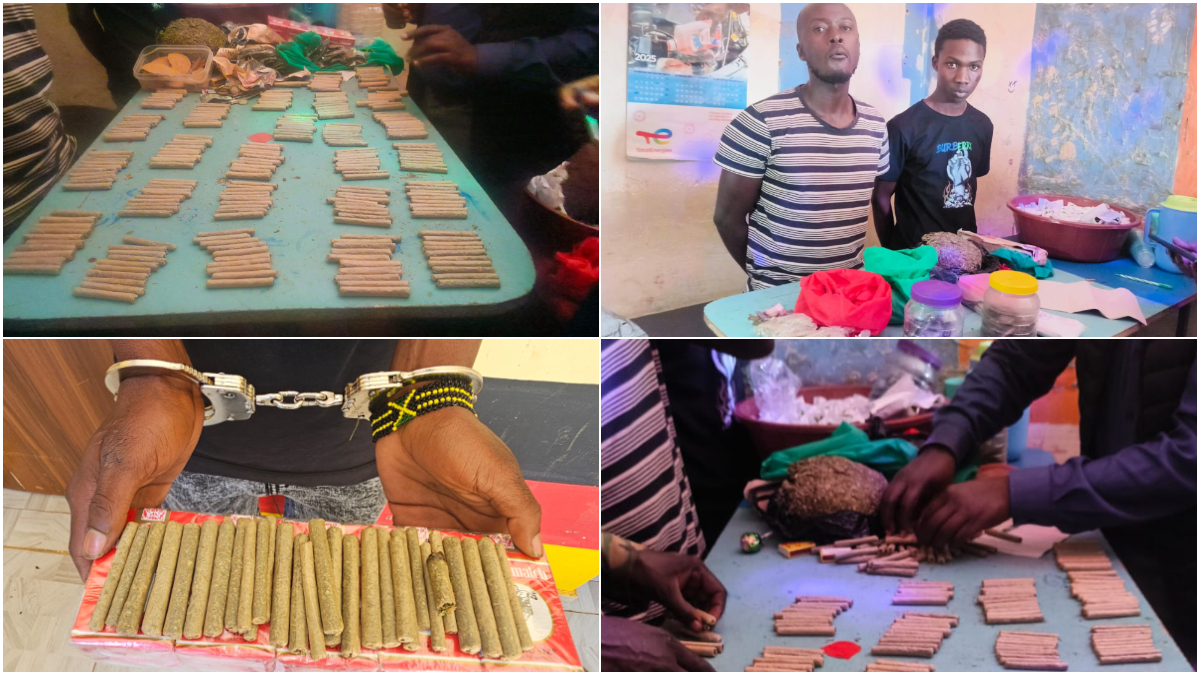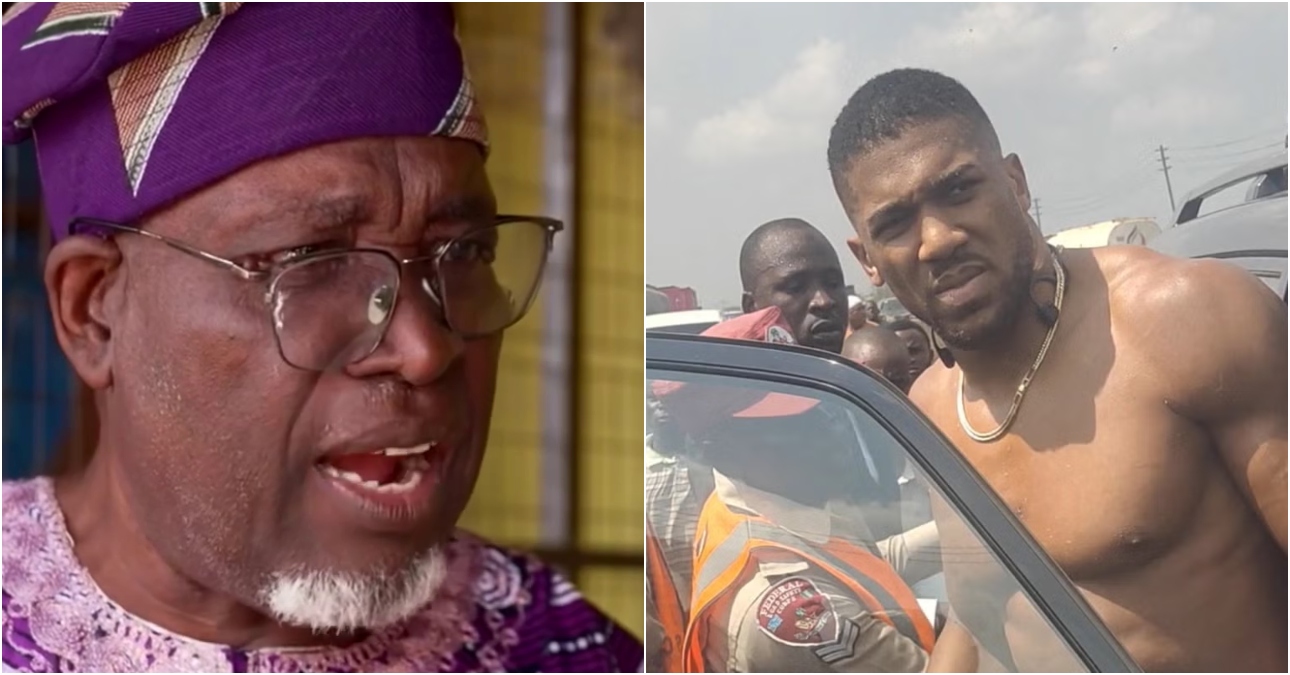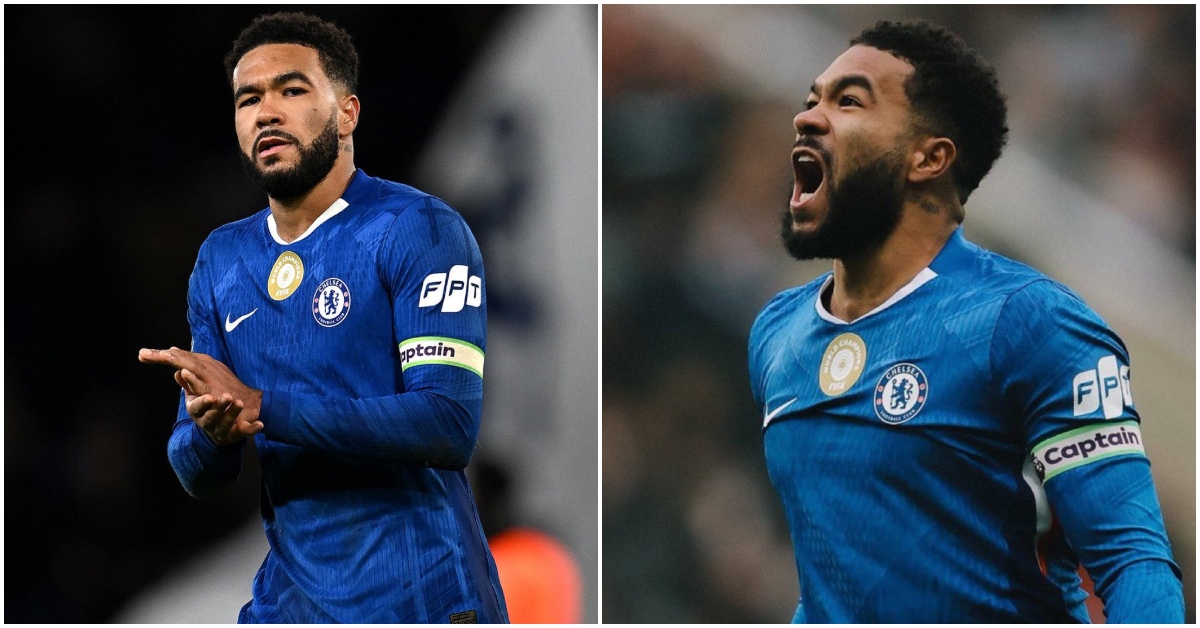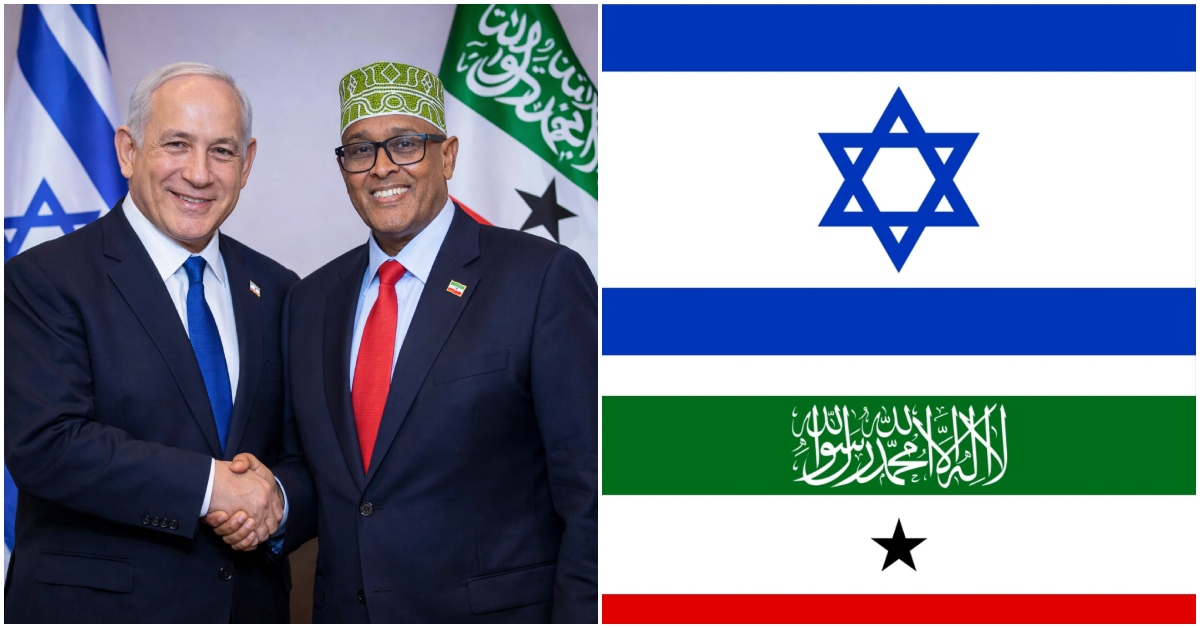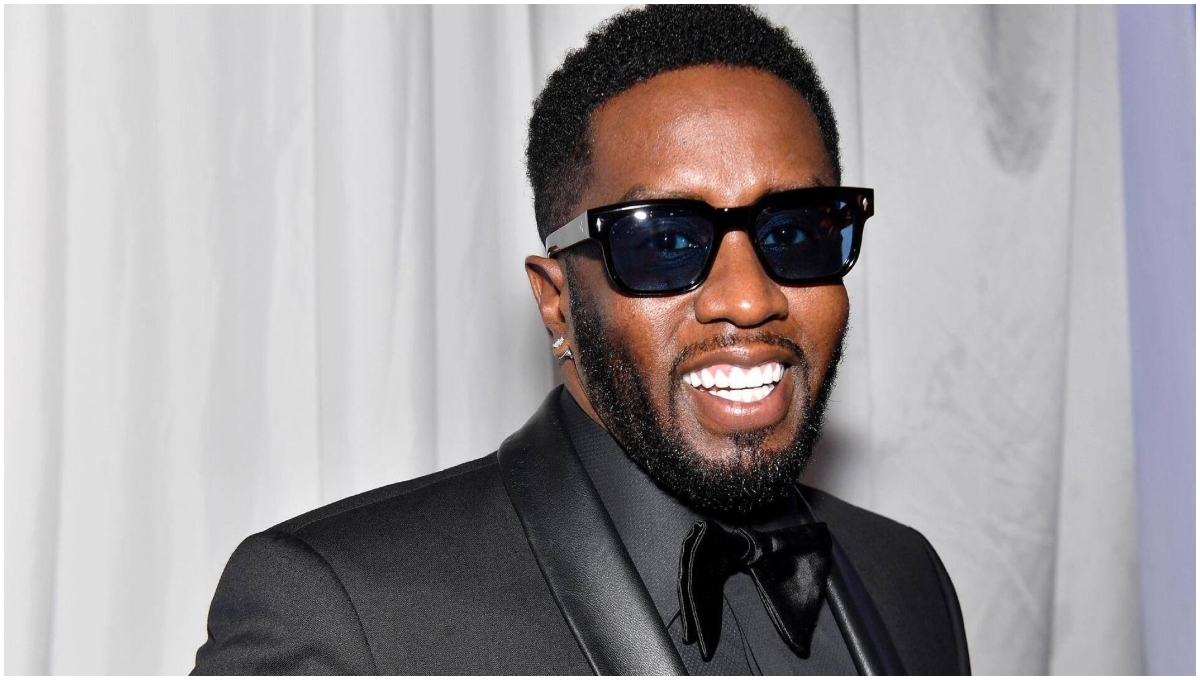The role of media during times of war is as critical as it is complex. In the fog of conflict, where misinformation thrives and emotions run high, the responsibility of journalists and media organizations to report accurately, ethically, and with nuance cannot be overstated.
The consequences of their work extend far beyond headlines; they shape public opinion, influence policy making, and provide a lifeline of truth in an often chaotic world.
I recently attended the Palestinian International Media Forum (Tawasol) in Istanbul, Turkey where I spoke to some historians and media experts who have covered the Israeli-Palestinian conflict extensively.
What came out strongly from our conversations is that, in war, accurate reporting is paramount.
Facts can be casualties in the heat of conflict, distorted by propaganda, bias, or the sheer chaos of events. Journalists must analyse through competing narratives to uncover and verify the truth. This requires meticulous fact-checking, corroboration from multiple sources, and commitment to impartiality.
Ahmed Sheikh from Al Jazeera Media Network and Tawasol Secretary General stressed the importance of thorough research. “To truly understand events, you must do your homework, understand the history, and weigh everything in a balanced manner. By doing so, you can shape a well-informed editorial approach,” he said.
Editorial policies play a pivotal role in shaping how war is reported. Media organizations must strike a delicate balance between objectivity and advocacy. While neutrality is often seen as a journalistic ideal, it becomes challenging in conflicts marked by stark power imbalances or human rights violations.
For example, editorial decisions on whether to show graphic images of war can significantly influence public perception. Such images can evoke empathy and action but also risk desensitization or sensationalism. The decision to include or exclude these visuals must be guided by a commitment to truth, context, and the dignity of those depicted.
The stakes are particularly high in conflicts, where narratives are deeply entrenched and emotionally charged. Media professionals must avoid becoming channels for unverified claims or one-sided perspectives. Their role is not to advocate but to illuminate—to present the unvarnished truth and let audiences form their own conclusions.
Blake Alcott, Director and author, “The Rape of Palestine; A Mandate of Chronology” highlighted the role of historical accuracy in countering falsehoods. “Journalists should reference historical events and actions with accurate facts to provide context and ensure balanced reporting,” he noted.
Covering war comes with immense challenges. Journalists often operate in dangerous environments, risking their lives to bring stories to light. The ethical dilemmas they face are equally daunting.
How do they balance the need for speed with the demand for accuracy? How do they navigate the pressures of government censorship, propaganda, or corporate interests?
To support the media in addressing the real issues, Tawasol, an independent media initiative, organized the 4th Palestinian International Media and Communication Forum in Istanbul, Turkey. The two-day event, themed “The Palestine Narratives: The New Era,” brought together representatives from media organizations and activists from around 30 countries, with nearly 750 participants in attendance.
The forum shed light on the significant challenges faced by Palestinian journalists in their quest to tell the truth. The ongoing attacks in Gaza have claimed the lives of over 200 journalists, highlighting the immense dangers faced by those covering the conflict.
These brave individuals paid the ultimate sacrifice to ensure the voices of those affected by war are heard, illuminating the human cost of the conflict and its far-reaching implications. Their courage serves as a stark reminder of the essential role of journalism in times of war.
As conflicts continue to erupt worldwide, the role of media remains indispensable. Journalists must strive for accuracy, media organizations must uphold ethical editorial policies, and global audiences must demand and support truthful reporting.
Forums like the Palestinian International Media and Communication Forum and initiatives like Tawasol remind us of the collective responsibility to uphold the principles of truth, justice, and human dignity.


